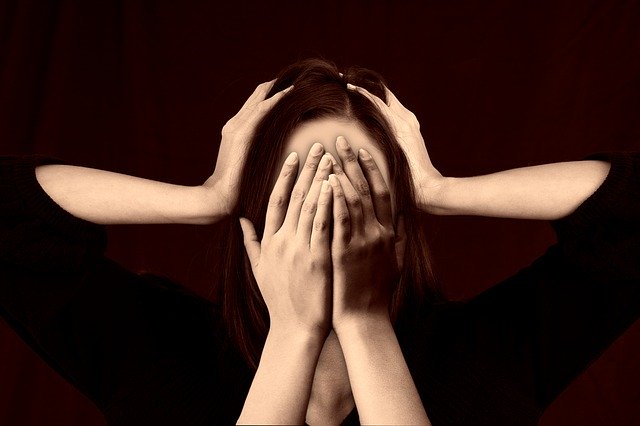According to the research, it was found that around seventy percent of expecting, and new mothers face mental health issues during and after their pregnancy. This research survey was carried out by the Baby Show that surveyed 1,000 new and expectant mothers. A few strange facts were revealed about these women that have suffered from mental illness at the time or post-pregnancy.
The most commonly experienced issues were post-natal depression (12%), and anxiety (36%). Around 63 percentage of new mothers even felt a reduction in their self-esteem after having become a parent. Only 9% of them found themselves more confident after giving birth to their child.
89% of those women had the opinion that government should invest more funds to support new parents who had mental health. 23% of women wanted it to be done on an urgent basis.
Around 51% of expecting mothers and new mothers seek the help of family members, and friends than professionals. It helped them to improve their self-worth, quality of life, and pleasure being a parent.
Television and radio broadcaster, and Mental health campaigner, Neev Spencer, put her views on growing mental health issues in pregnant and new mothers. She said it is important to learn about your mental and physical health in and after pregnancy and take proper steps to prevent the growth of mental health issues.
Talking about her own experience, she didn’t know much about postnatal anxiety and so could not figure out whether or not she had gone through that condition. However, it was important to make more and more people to aware of this knowledge to pregnant women to help them prepare to face this condition better on their own.
The above mental health issues could happen due to the hormonal imbalances that women come across in their pregnancy. With the right knowledge of the tips, and signs would help you reach out to people who could be very beneficial.”
Dr. Sarah Vohra, a consultant psychiatrist at The Baby Show, told that the statistics are quite alarming, and show an urgent need for the government to take measures towards improving mental health in new and expecting mothers. All new mums who are either tensed, or struggling about their pre, or post-pregnancy with adverse thoughts, should talk out their problem so that they get the necessary support to sail through this difficult period.
According to the survey, new mothers faced different types of mental health issues. 65 % of them had unknown fear, 52% had the fear of pain while giving birth, 46 % were fearful about medical complications, 31 % were worried about post-birth, and money worries, 18% were worried about loneliness, and isolation, 12 % were fearful about their inability to cope up with the pregnancy phase.
Midwife, Louise Broadbridge, expressed her opinion on this problem. According to her, it is required to begin an open discussion pertaining to the mental health issues faced by new parents during and post-pregnancy phase. This will make them prepared to face them in the best possible way. It may seem to be a matter of great pleasure and excitement, but on the other side becoming a parent is a difficult thing. This problem does not come with a guide or coaching on how couples should handle the emotional, and physical challenges associated with this phase.

